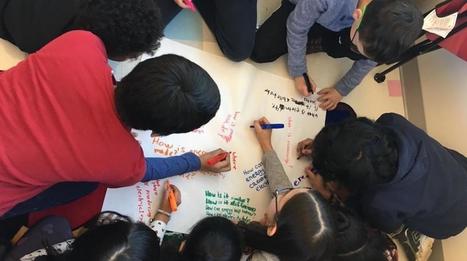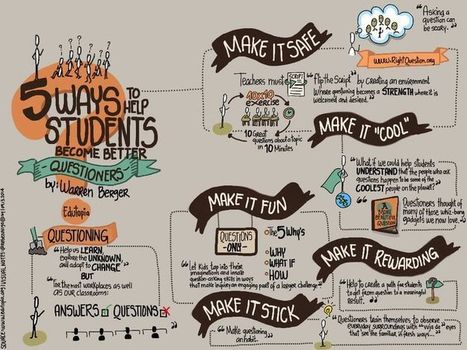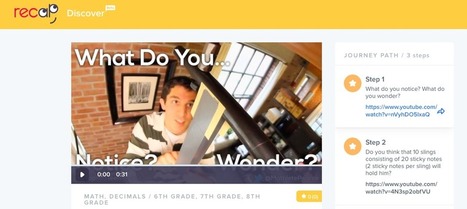Educators want their students to ask questions. Indeed, research has found that students only ask about 1/5th the amount of questions educators would like them to ask. Yet many educators report that it can feel like “pulling teeth” to get their students to ask questions, and other research has found that educators ask about two questions per minute while students ask about two questions per hour. Which students are the ones formulating two questions per hour? One study found that lower income students tend to pose fewer questions at school than their moderate-income counterparts, and another study found that lower achieving students tend to ask fewer questions than their higher achieving peers. Not only are students asking markedly fewer questions than the teacher and significantly fewer questions than teachers would like them to ask, some students are asking fewer questions than their fellow students.
How can education remedy this feeling of “pulling teeth” and actualize a vision of all students asking their own questions and classrooms brimming with curiosity? One way is by deliberately teaching students how to ask their own questions.
Research and publish the best content.
Get Started for FREE
Sign up with Facebook Sign up with X
I don't have a Facebook or a X account
Already have an account: Login
News, reviews, resources for AI, iTech, MakerEd, Coding and more ....
Curated by
John Evans
 Your new post is loading... Your new post is loading...
 Your new post is loading... Your new post is loading...
|

Dr. Helen Teague's curator insight,
June 29, 2017 9:37 AM
Love it! Learners should develop their own essential questions
|






![Use These 5 Steps to Learn How to Ask Good Questions [Infographic] | iPads, MakerEd and More in Education | Scoop.it](https://img.scoop.it/9Ig5e-RUbd2Bd5JiwjpP7Tl72eJkfbmt4t8yenImKBVvK0kTmF0xjctABnaLJIm9)







